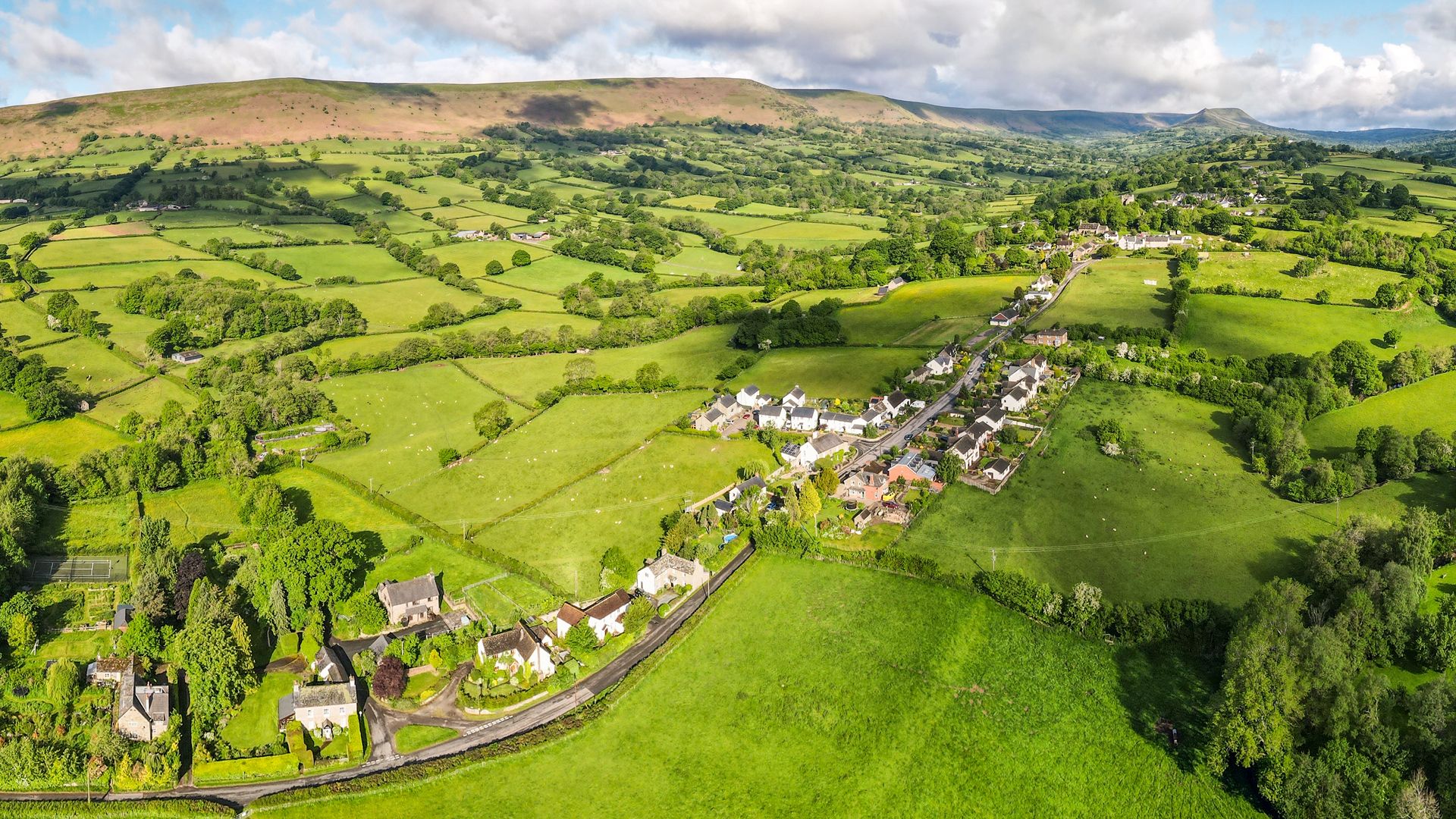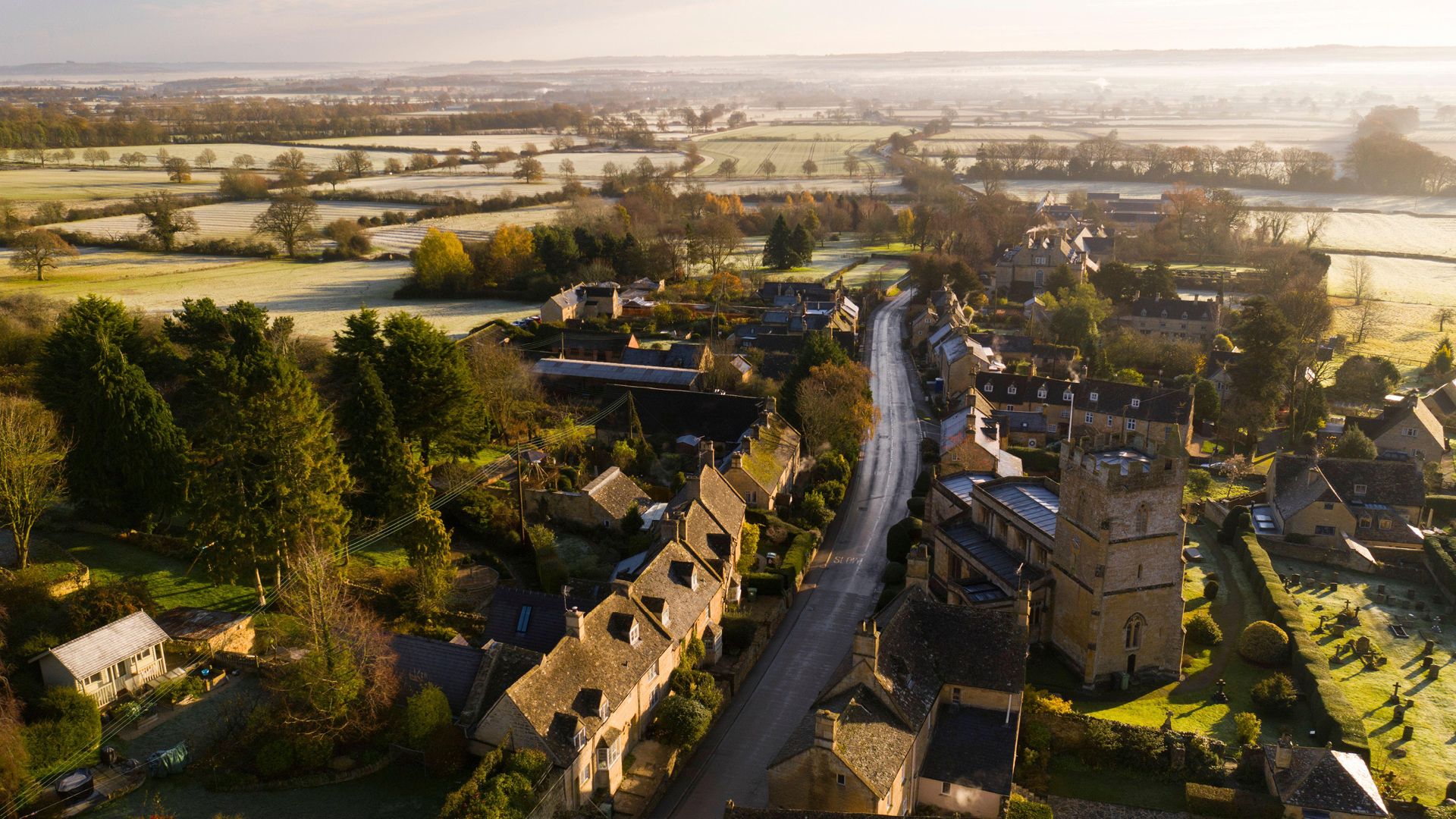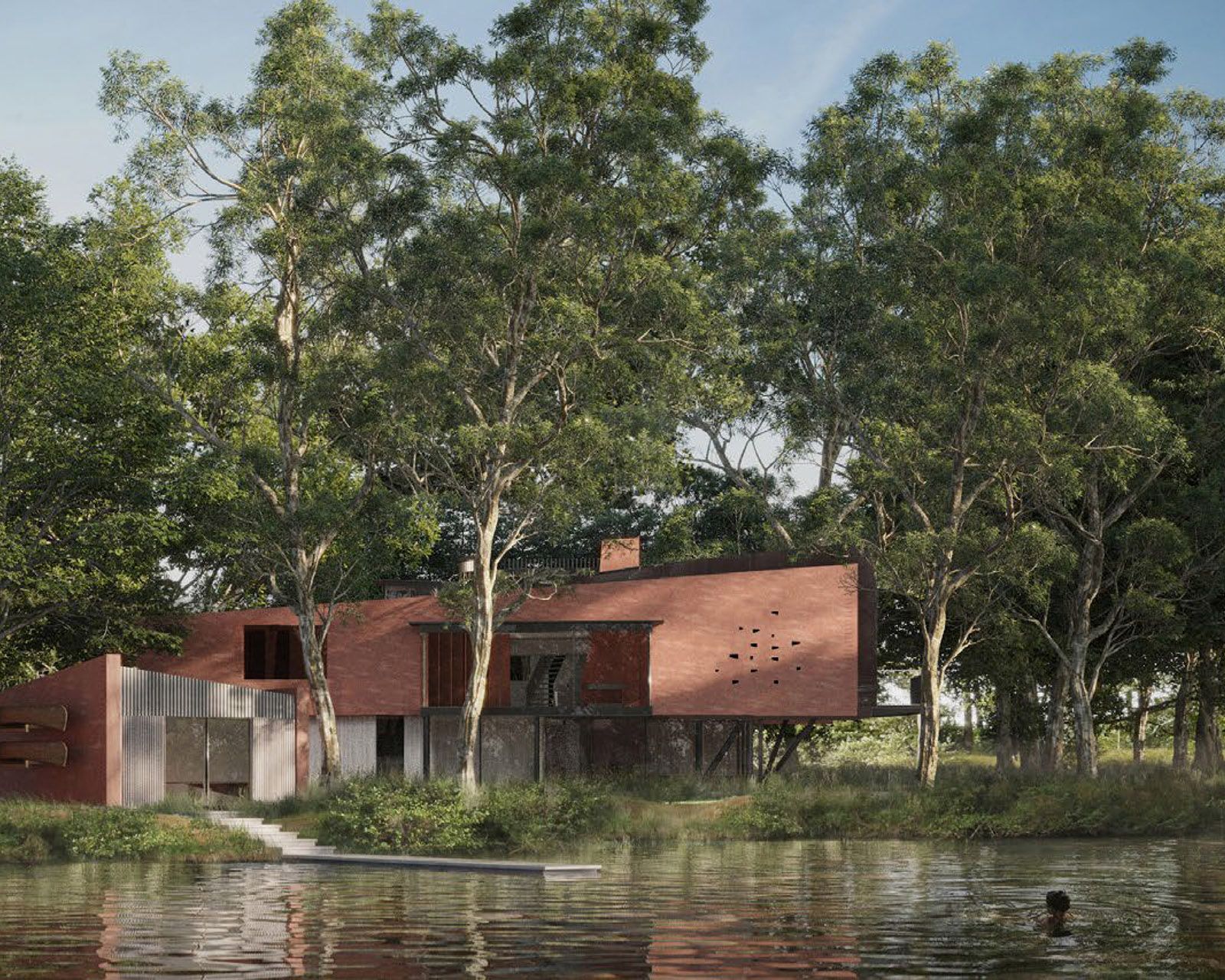Estate-led development: influencing local policy
By Sally Ormiston | 01.04.25
Rural estates are complex entities balancing custodianship of environmental and heritage assets with multiple roles as providers and producers of homes, jobs, community amenities, food, forestry, habitats, access, and more.

The scale of many estates means that they have long influenced the fabric and fortunes of rural places. However, with the growing range of demands on land, it is becoming ever more important for estates to consult with policymakers to ensure responsible, integrated land use and rural placemaking.
New national planning policy is requiring local authorities to determine how they will meet new housing targets and other obligations. The next few months present a unique opportunity for estates to engage with local policy makers to establish a constructive dialogue and supportive policy context for estate-led development and land use change.

Local development plans
Local planning authorities across the country are having to work at pace to determine how they will respond to the changes. Faced with new housing targets, a revised approach to development in the Green Belt, and new mechanisms to deliver environmental mitigations, most local authorities will have to review their existing local development plans. In many cases they will need to create entirely new plans that set out how the area will meet mandatory housing targets and other obligations.
Local Plans effectively do two things, 1) identify what development is needed, and 2) where that development should occur.
Identifying what development is needed is a process informed by data and consultation to gather input from residents, businesses, and other stakeholders on key issues and potential solutions for future development in the area.
Determining where development should be, is informed by the availability of suitable land and sites. Local authorities run ‘call for sites’ processes by which they invite the submission of land for consideration for future development. We have written previously about the ‘call for sites’ process and opportunities for landowners.

‘Estate friendly’ policies
Local Plan consultation periods are an invitation for estates to engage with the local planning authority on issues that can positively shape future development and land use. It is an opportunity for estates to put forward the case for specific policies that recognise the positive influence of estates on the sustainability of rural communities, and the contribution they can make to local targets and priorities.
There are a growing number of local authorities – to date mostly National Parks, which have responded positively to such requests. As a result, they have included a specific policy in the local plan document that acknowledges the unique context for estate-led development proposals seeking planning permission where they form part of a holistic and long-term estate strategy.
These policies are an invitation to estates to create strategies that set out the social, environmental, and economic assets and activities of the estate, articulate the future vision and the role that estate-led development will play in ensuring the long-term viability of the estate, and the benefits to be delivered to the local community. These strategies should be strongly evidence based, produced with reference to, and aligned to, the management plans and objectives of a local authority.

Whole Estate Plans
Estate scale strategies or ‘Whole Estate Plans’ – the latter being the most formal manifestation of this principle, should be developed with input from stakeholders. They should set out a shared understanding of the context for future projects and initiatives that might require planning permission. Estate plans or strategies do not guarantee planning permission, and development schemes will still need to go through the planning system, but they create a positive starting point. In some circumstances they can become a material consideration in a future planning application.
Whilst there are only a handful of local authorities with formal estate policies to date, we find that most rural local authorities are willing to consider including estate strategy policies in their local plans. Making a representation as to the benefits of such an approach during the consultation period is the best way to ensure this is on the agenda of the plan makers.

Yorkshire Dales National Park Authority
It can be effective to work together with other local estates to put forward a collaborative case, but individual estates can successfully influence policy. Working with the Bolton Abbey Estate, we were able to present an evidenced case to the Yorkshire Dales National Park for the inclusion of a Whole Estate Plan policy in their Local Plan. The National Park accepted the recommendation, and the policy is now at the final stages of adoption. This is helping to pave the way for estates across the Yorkshire Dales National Park to take a long-term view of their development and land use goals with a far greater degree of confidence of a constructive approach to planning.
A window of opportunity
With new local plan reviews announced every week across the country, it is an opportunity for estates to engage with local authorities to explore the possibility of the inclusion of ‘estate friendly’ policies. These plans often set out what can be built, and where, for the next 15 or 20 years.
Get in touch
If you would like to discuss estate-led development and how the opportunity to influence local plan making process, please get in touch. We have successfully influenced policy, and work with a growing number of estates to create estate scale strategies including Chatsworth, Glynde and Great Tew. Our portfolio includes the first formally endorsed Whole Estate Plan in the UK for the Wiston Estate in the South Downs National Park.
Call us on 01756 797501 or email info@ruralsolutions.co.uk, we'd be delighted to have a chat.
Sally Ormiston is a Director at Rural Solutions.
We are using cookies to give you the best experience on our website. You can find out more about which cookies we are using on our cookie policy.


